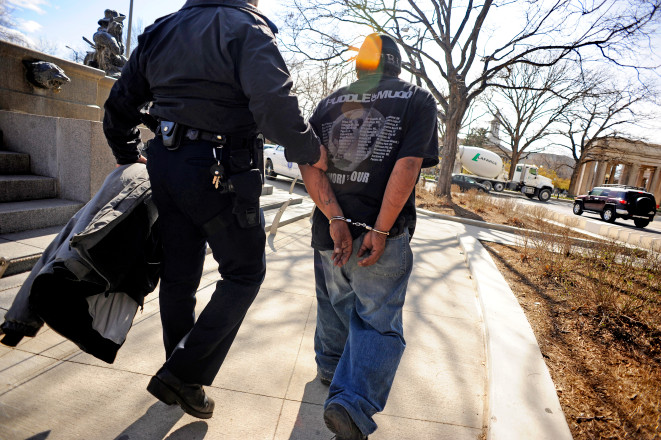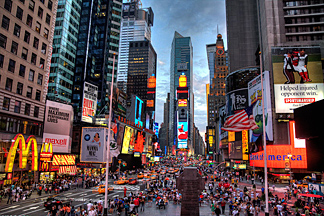Even after legalization, black Americans face most cannabis arrests
Thor Benson / Cannabis News Box Contributor
It’s well known that the War on Drugs has disproportionately targeted people of color, and unfortunately, that doesn’t immediately change when a state legalizes cannabis. According to a new report from the Drug Policy Alliance, even after a state legalizes, people of color are arrested more for cannabis-related crimes than white people.
Legalizing cannabis lowers the number of people being arrested for cannabis-related crimes for people of all races. But largely because of police tactics that have been around for decades, there are still more black and Latin people being arrested for cannabis crimes than white people.
Jolene Forman, a staff attorney at the Drug Policy Alliance, told Cannabis News Box that legalization “doesn’t reform police conduct.” She said it’s great that people of all races are being arrested less for cannabis-related crimes, but the fact people of color are still being arrested more often overall needs to be addressed.
“What we’ve known for a long time is people across all races use marijuana at similar rates, yet they’re not arrested equally,” Forman said. “Black and Latinx people are arrested at disparate rates.”
This problem can be partially attributed to the fact many officers have personal biases against people of color, but really, it’s more of a systemic problem that has needed fixing for a long time. Rooting out a few bad officers here and there won’t fix the problem by itself.
“We need to hold officers who are bad apples accountable, and at the same time, the problem is much deeper than just a few bad actors,” Forman said. “This is really an institutional problem in policing, so we need to do away with racial profiling and stop training cops to use minor marijuana law violations as an excuse to stop and harass young black and Latinx men and boys. We need to retrain them so they use proven techniques that are not based on racial profiling and make sure they understand implicit bias better.”
In order to get rid of this disparity in arrests, states and the nation will have to focus on criminal justice reform that ends the targeting of people of color. Furthermore, states that have legalized or are considering legalizing can put provisions in their laws that can help reduce this disparity.
Forman said states like California have completely decriminalized cannabis possession and use for people between the ages of 18 and 20, while citizens by law have to be 21 to legally use or possess cannabis, which helps reduce the number of younger people being pushed into the criminal justice system. California also decriminalized the use of cannabis for people under 18, which has the same effect.
Another way cannabis laws can be reformed to lessen the number of people of color getting arrested is to create social spaces where cannabis can be used. Since public housing is often predominantly used by people of color in certain places, and since many property owners in predominantly black and Latin areas don’t allow smoking of any kind on their properties, creating social spaces where people can legally use cannabis can help reduce arrest rates.
Forman said it’s important that the disparity in arrests is eliminated, because having a criminal record can prevent people from doing many things in life, including working in the cannabis industry in some places.
“The collateral consequences of a marijuana conviction, or any drug conviction for that matter, stay with people for a really long time,” she said.









